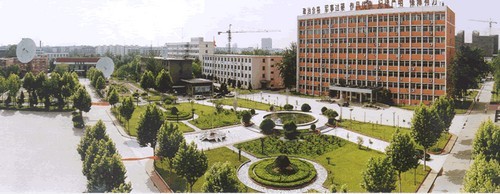China has made a breakthrough in visible light communication (VLC) technology that may allow people to download an HD Hollywood movie in only around 0.3 second by just using the light of a lamp, the Xinhua News Agency reported.
The Ministry of Industry and Information Technology announced on Friday, Nov. 13, that they had conducted a test which confirmed that the real-time traffic rate of a Chinese VLC system had reached 50 gigabytes per second (Gbps).
According to the report, the real-time speed is the highest obtained by China so far. A group of Mexican scientists in Aug. 2014 have reportedly used similar technology to transmit data with speeds up to 10 Gbps.
IT expert and academic Wu Jiangxing said that a huge VLC network can be established based on the billions of bulbs and LED lighting facilities already set up around the world.
"Every bulb can serve as a high-speed Internet access point (similar to a WiFi hotspot) after VLC technology is widely applied in the future," said Wu. "Imagine downloading several movies while you are waiting for a green light at a crossroad or surfing the Internet on planes and high-speed trains via the lights."
The ministry said that the technology is green and environment-friendly since it consumes far less energy. In addition, it can secure information better than radio, which has loopholes such as signal disturbance, leaks and interception.
According to the report, the VLC system was developed by the People's Liberation Army (PLA) Information Engineering University, which is now into the phase of "integration and micromation in design." In 2013, the university has succeeded in developing a wireless broadcasting system based on VLC.
The report said that the ministry and the university did not give details on when the LiFi system will be accomplished and put into practical use and application.




























